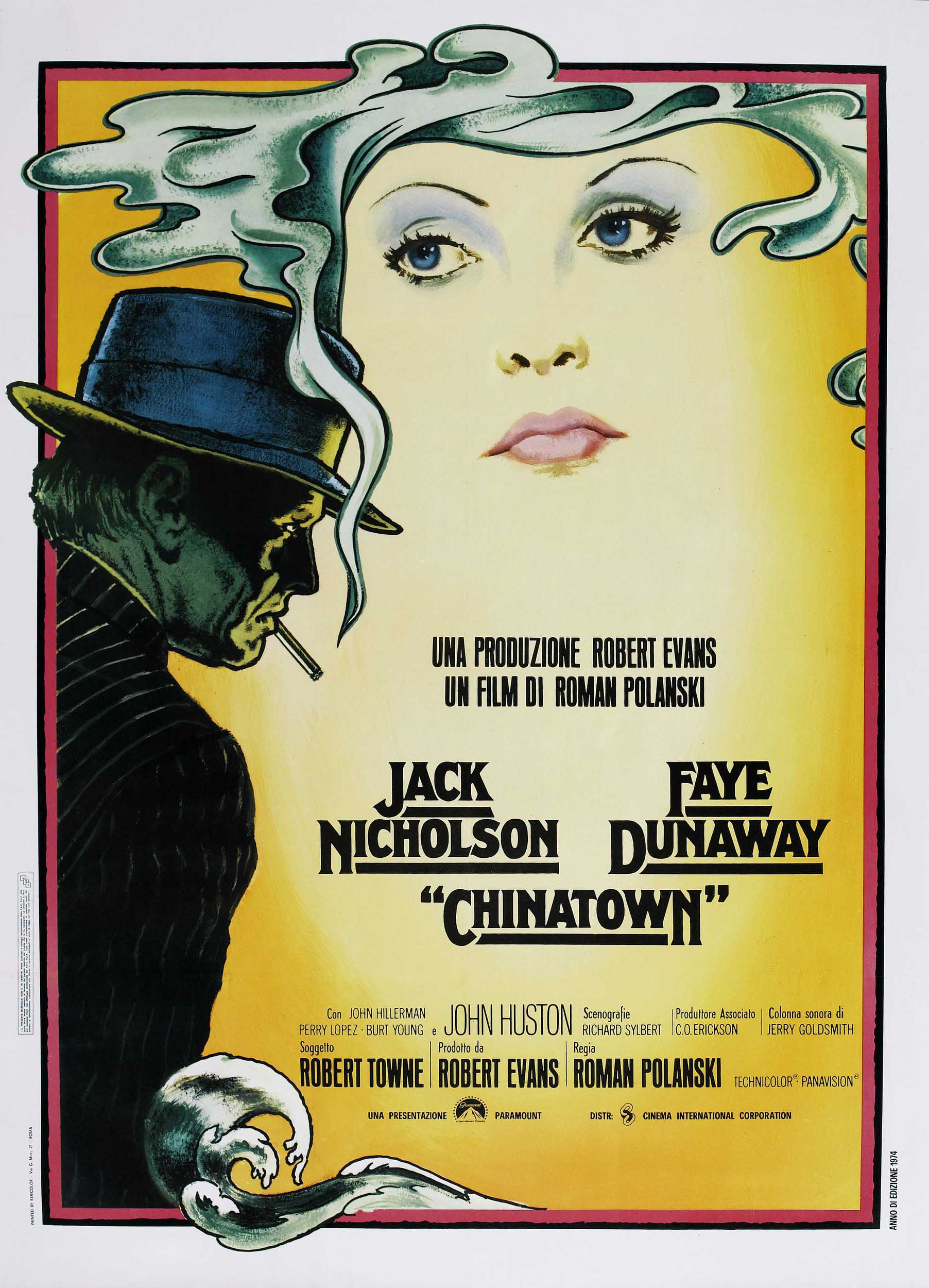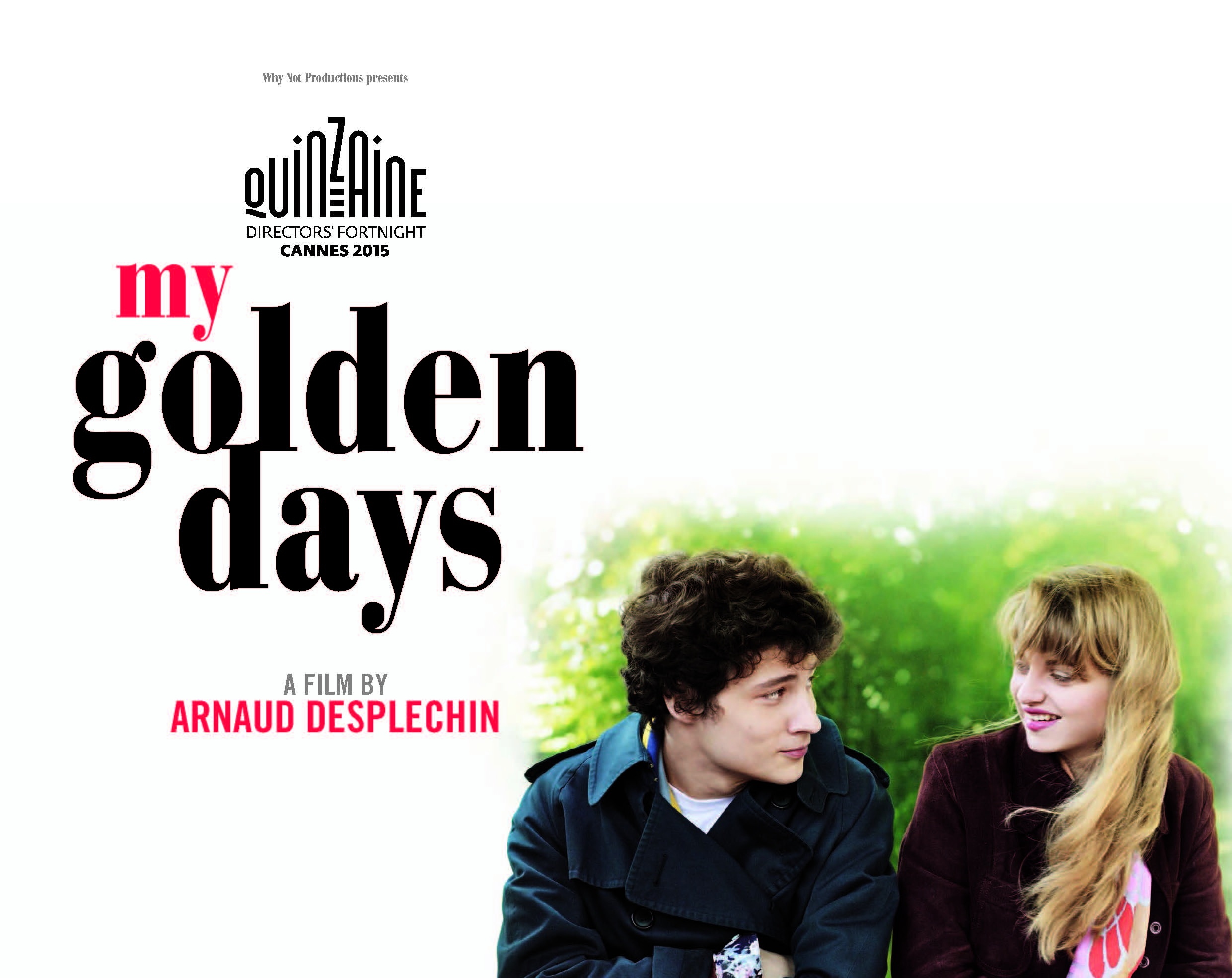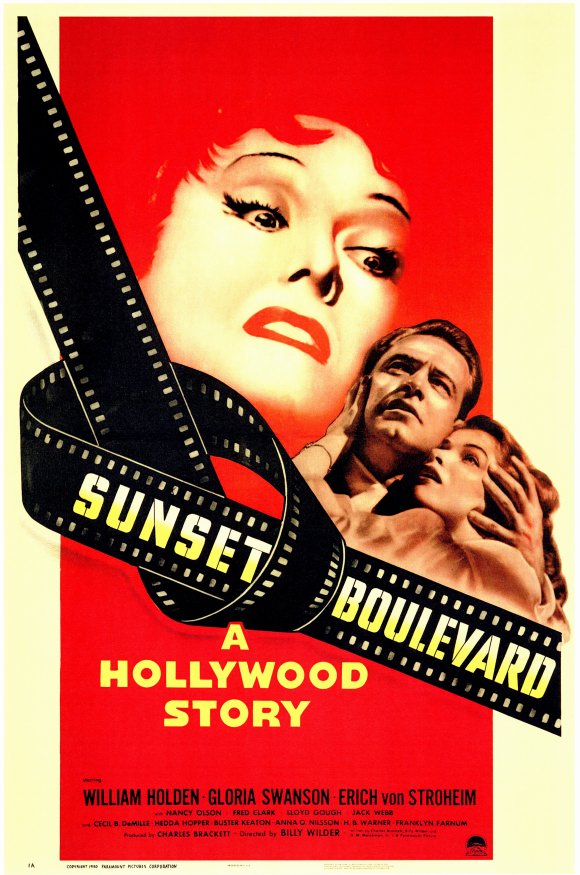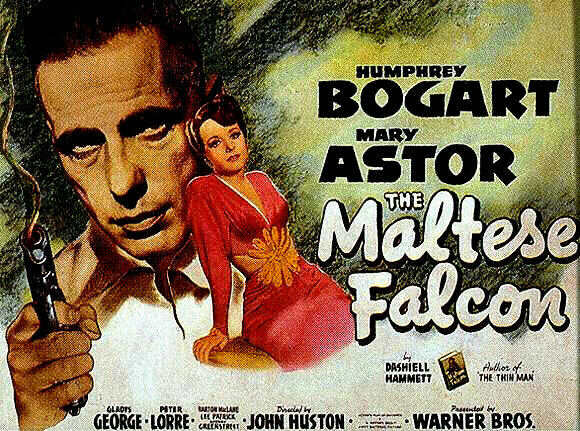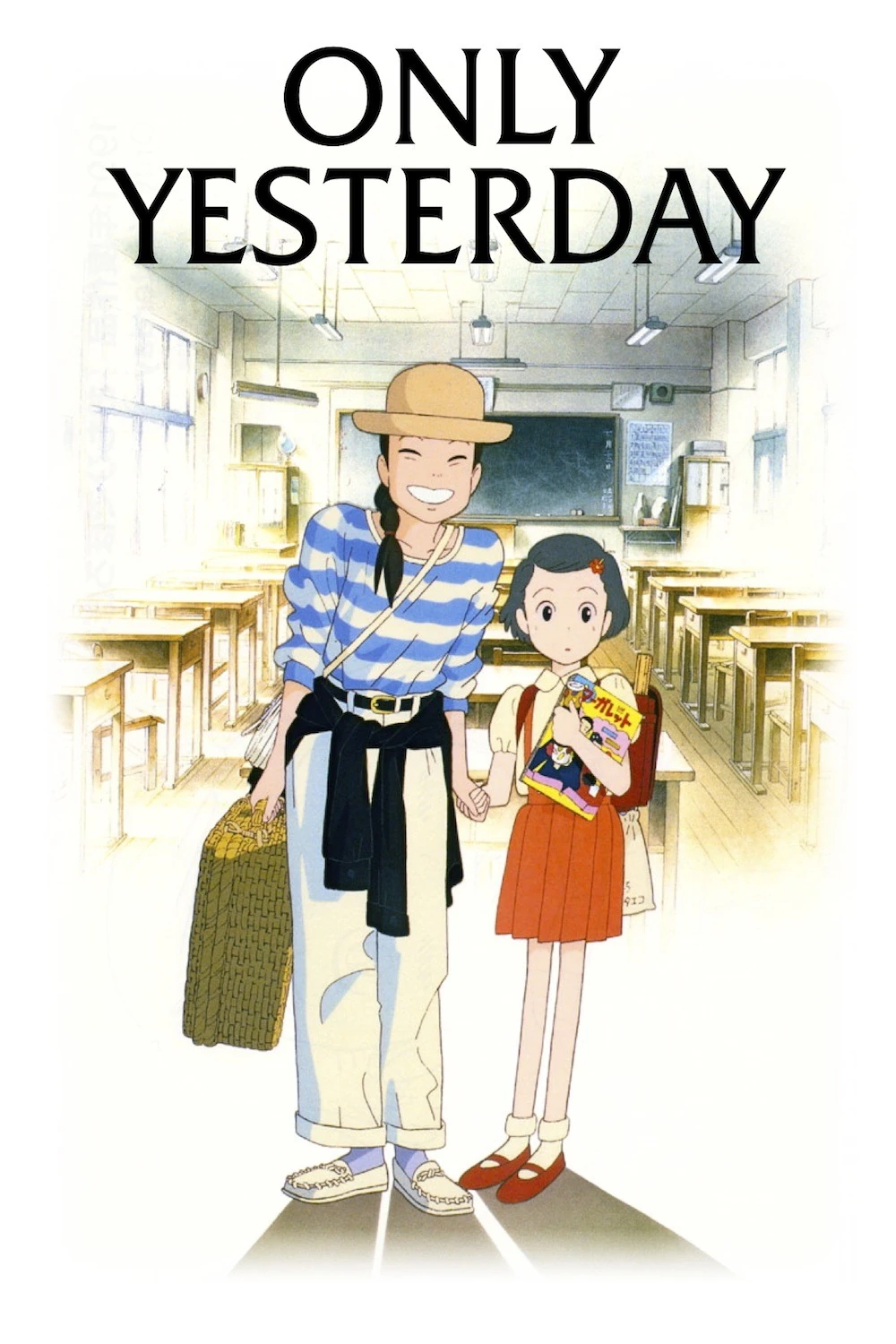La La Land is the third feature directed by Damien Chazelle. He's known for directing movies that center around music, most notably Whiplash, a movie which is in my top 3 movies of the decade so far. This film is his first fully fledged musical, as characters break out into song and dance at a given time. The movie follows around two characters, Mia (played by Emma Stone) an actress looking to make her big break, and Sebastian (played by Ryan Gosling) a down on his luck musician in the midst of some career soul searching. The film takes place over four seasons as these two characters cross paths and influence one another to pursue their dream in the seemingly amazing city of Los Angeles. There's so much good to point out here. First of all the performances by the two leads. Gosling and Stone have acted together before in love roles, and it's no accident that they were cast together again in this film. Their chemistry is crazy electric. You can't take your eyes off the two when they're together. It's such a genuine relationship that both pull off flawlessly. No one plays it up too hard, and not only does neither one try to outdo the other, they, in fact, elevate each other into one of the most believable onscreen relationships I've ever seen. Every moment feels so real, and that adds to the overall enjoyment.
The story itself is also great. I love how it centers around a deadbeat actress and a deadbeat musician trying to find their way in Los Angeles. They both experience their equivalent of the brutal-ness of the entertainment industry and the city of LA itself. They also each represent an equally important aspect of the movie, as the film is a musical, one of them cannot exist without the other. They are at their best when they are together and promoting within them to chase their dreams no matter how pipey it may feel. And the film really does capture the frustration that comes with trying to make it in La La Land. Even when you seem like you're more than cut out or that you eventually have to find that big break, there's always that one little hiccup that seems so small, but you can swear unfairly threw off your whole opportunity. The pacing of the story is also amazing. Nothing feels like is dragged or rushed. The worst part of any love story is the fight --> temporary break up to instill conflict in the story/relationship, and luckily in this film it happens so naturally and wraps up so gracefully that you're not bogged down asking why did he/she do that, why doesn't he/she go make amends. It's over before you know it, don't worry.
The music was also pretty great here as well. There were admittedly fewer songs and performances than I anticipated considering how the film was advertised, but all the music and choreography here is perfect. It harkens back to the old musicals of the 1940s-50s a la Singing in the Rain, except the nuance here (other than it taking place in the present day) is the camera work, and how the camera is almost a dancer and performer along with the cast. There's never dull or still moment, and everything feels fluid. The camera work and editing mimics the beats of the music and the story so that the entire film feels like it's dancing along with the characters. Speaking of the camera work, the cinematography here is stellar as well. In fact, the whole film has this beautiful attention to detail that I worried was escaping mainstream movies. There are foreshadowing in the background images/music, there are metaphors and symbolism with the camera work, and like any good musical, all the lyrics of the songs are pivotal to the story. The costume design is the best I've seen in recent memory. Looking up what a color means in respect to a movie and matching them with what characters are wearing definitely enhances the viewing. There's so much I could say and gush about but like I said they're only details and have no real barring on the film other than enhancement.
And my favorite aspect of the whole film is how Los Angeles is portrayed and how the city itself is once again a character in a film. Due to high filming taxes, this is the first movie filmed on location in LA since Nightcrawler in 2014, and boy does the movie do it justice. Right off the bat with an opening dance number on the 110 freeway, you see what the city is made of and what it brings to the table. The singers are all diverse individuals from various walks of life, who all traveled to this city to make it big and enjoy the perpetual sunlight. It really shows you what they meant when they say La La Land. But the city is tough and has it's dark sides that aren't really advertised as much. It's brutal and unforgiving and even unfair at times. But the city will always facilitate everyone to have that one opportunity of success. The city is gorgeously represented by recognizable landmarks (Shouts out to the Pasadena Bridge for that 2-second cameo), and no area is referred to by their city name (ie Santa Monica is still LA). This just helps blend the illusion of LA as a city and a breeder of opportunity. And the vibrant colors that are accentuated in the filming are 1 to 1 with the synesthesia I associate with this town. Noir highlights the dark and brooding aspects to the city, but I think here for the first time the glitz and glam is captured as perfectly as you can get it.
The best part of the film is the last 15 minutes. Chazelle is always known for his films going out with a bang, and this film is no exception. (SPOILERS) When Mia and Seb first lock eyes after not seeing each other for 5 years, the entire movie you've seen up until this point is condensed into a music and dance number which is playing through both characters heads. It's not only a nice homage again to the musicals of an older time, but more importantly, this is how they idealized their entire relationship after being apart for so long. The bad aspects of it are now good and the good aspects are even better. It then goes into a scenario where if Seb had followed Mia to Paris, and how differently their lives would be because of it. But that's not what happened and that's not how life works. They both needed each other to realize their dreams but they also needed to be separated in order to achieve them. They both realize that and as much as it kills them, they accept their paths like a spoonful of old medicine. And they both still love each other for it in the end (END SPOILERS).
So that's La La Land, the most pleasant experience I've had in a movie this year since Too Late (which is hard to count since seeing it in 35 mm was a literal once a lifetime chance). Objectively this is the best movie I've seen this year. Anyone can get behind it from a casual movie goer to a balls deep movie fucko like myself. If you're worried about not being able to get into it because it's a musical, I promise you the musical numbers appear naturally and fit so well with the film/story that you won't even be bothered by it. I'm sure it will be leading the academy awards with plenty of nods, so be sure to check this one out while it's at a mild simmer. 9.5/10
*First blog post in a while, it's been a very uninspiring year but I don't think this blog will die as long as there are movies that still excite me to the point where I want to write essays about them. I apologize if the style and writing are a little shaky as I am rusty with my own style. I hope to get some more posts in here as awards season comes to full effect*



